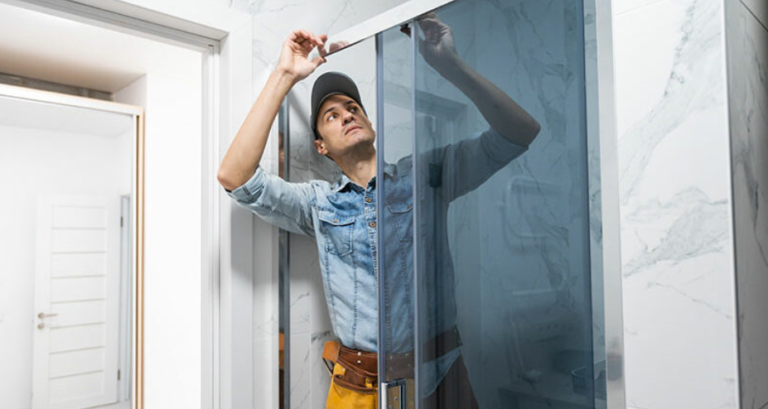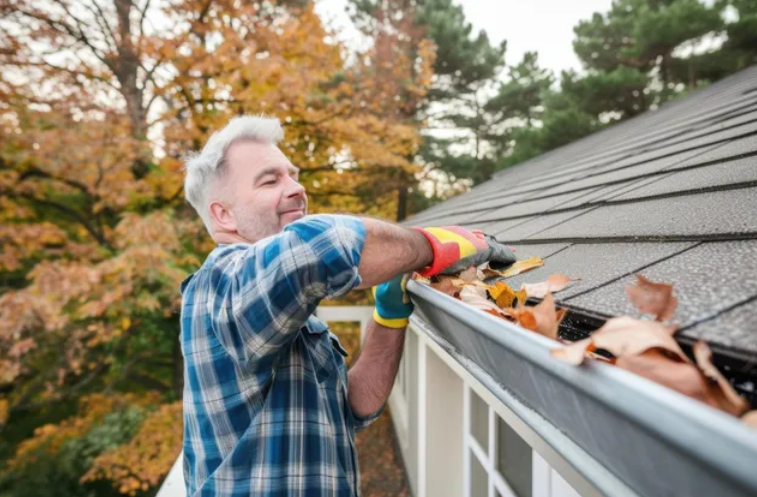What are the Dangers of Neglecting HVAC Maintenance
Over time, dust and debris buildup can strain HVAC components, causing wear and tear that shortens the system’s lifespan. Poor upkeep can also reduce indoor air quality, increasing health risks such as allergies or respiratory issues. Routine maintenance helps keep the system efficient, cost-effective, and the home environment safer—request a fast AC repair quote from Beltway Air Conditioning & Heating to keep everything running smoothly.
The Unseen Health Dangers
One of the severe threats to indoor air quality that can endanger the lives of all is the neglect of HVAC service. Contaminated air conditioners are able to transmit obscure pollutants, allergens, and germs, which create lifelong notions of health threats.
1. Compromised Air
Once the air filters reach full capacity, filtration does not perform to its optimal ability, and any dirt, grime, and other harmful particles are trapped within them. Such contaminants are trapped in clogged ducts and spread throughout the entire house. The problem is worsened by stale, unhealthy air, which is added in terms of poor ventilation, and it is also highly dangerous to those individuals with asthma or allergies.
2. Allergen Proliferation
Dirty HVAC systems accumulate dust, pollen, and pet dander. These allergens are dispersed around the house, and they cause sneezing, nasal congestion, and tears. The effects are much worse in allergy sufferers. Among the most effective methods to lower the concentration of allergens and make the air inside your home healthy is the replacement of filters.
3. Mold Infestation
Excessive moisture in derelict HVAC systems gives the perfect breeding ground for mold. The spores can disperse through air ducts and infect indoor air and increasing the likelihood of respiratory disease. Cautious inspection and repair are important to prevent mold from recurring as a problem.
4. Respiratory Distress
Dusty air ducts may provoke asthma and other respiratory diseases, spreading airborne allergens. Time-honored exposure to these poisons leads to continuous cough, wheezing, or other cough issues. These hazards are minimised by clean ducts and equipment that is properly maintained.
5. Odor Accumulation
Forlorn systems usually contain mold, vermin, or the buildup of dirt, and generate a smell that suffuses the entire dwelling. These smells show that there is poor indoor air quality, which can be fixed by regularly cleaning and servicing.
Financial Consequences of Neglect
Failure to maintain HVAC increases the energy cost since they have to work harder due to dirty elements. It may cause frequent, costly repairs and decrease the potential of the unit. Failure to take care of may cancel warranties, necessitating costly early replacement.
Higher Bills
Systems that are blocked on filters and ducts have to work hard in order to provide the airflow, which consumes a lot of energy. Dirty coils alone can cut efficiency up to 25 percent and leave the system on longer without any desired effects on temperatures. This waste comes in the form of extremely escalated costs of electricity, mainly when experiencing extreme weather conditions. The unserviced dwellings end up paying almost twice the cost of the energy as it is lost in untended systems.
Frequent Repairs
Failure to observe systems leads to continued distress, and there will be an increased likelihood of breakdown. Lack of repair of a refrigerant leak is another example that may cause compressor failure, which is one of the most expensive repairs. The maintenance period ensures small problems are detected before they turn into huge ones, and the cost is saved in terms of both time and money.
Early Replacement
Major components like motors and compressors degrade more quickly when systems are overloaded. This reduces the total lifespan of the unit, in some cases, reducing it to half, from the usual 15–20 years when maintained to only 7–12 years without. Early replacement can run into thousands and is not always covered by warranty if maintenance histories are incomplete.
System Performance and Lifespan
Failure to conduct routine checkups on HVACs will significantly lower the functionality of a system and cut its life short. Keeping your HVAC in optimal condition, like it should be, is similar to how you treat a car with a regular maintenance regime to ensure a car can perform, and it is cost-effective not to treat it with stiff repair bills.
Reduced Efficiency
Dust, grime accumulate in filters, in ducts, and within the inner parts as maintenance is not done. This amount of accumulation limits the amount of air passing through the system, and therefore, the system will be forced to strain to achieve the movement of air within the building. This kind of stress wears out efficiency with time, causes more energy usage, and larger utility bills.
When not taken care of, the issue will result in uneven temperatures and drafty cold or hot conditions. Besides making operations less comfortable, such a stop-and-start operation itself is one of the signals of bigger problems with operational inefficiency. Simple solutions to prevent them include regular cleaning and timely replacement of filters to keep the system at its best efficiency.
Decreased Longevity
Failure to maintain causes fast wear of important parts like motors, belts, and bearings. In case they fail, the leading outcome might be a prolonged period of outage or irreversible destruction of the system. Issues such as clogged airflow channels or frozen pipes can cause heating or cooling to stop, with the machine being overloaded and limiting its operational lifetime.
Scheduling of frequent checkups by competent personnel is the sure way of establishing minor defects before they turn out to be severe ones, thereby avoiding expensive repairs and prolonging the lifespan.
Typical Lifespan:
- Regular Maintenance: 15–20 years
- Neglected Maintenance: 7–12 years
Voided Warranties
Prove that most HVAC equipment is warranted by providing evidence of regular maintenance. Failure to adhere to schedules is grounds for the nullification of warranties and the owners’ resorting to full repair or replacement. Small issues are actually costly, not to mention without warranty coverage. Adherence to suggested maintenance routines and use of expert HVAC services ensures that a warranty is maintained and long-term stability of the system is guaranteed.
See also: What to Ask Before Hiring an HVAC Contractor
Critical Safety Hazards
Misuse can also pose serious safety risks to the users and subsequently compromise the reliability of the system. In addition to ineffectiveness, inappropriate maintenance may entail health concerns and environmental effects, especially when they are exposed to harsh weather conditions in either season.
Fire Risk
Dirt, dust, and debris that lie dormant in HVAC equipment can be a fire risk. When materials build up close to heat exchangers or other high-heat components, they present a fire risk, particularly in older systems. Overheated components, such as belts or motors, enhance this risk since neglected systems don’t dissipate heat effectively.
This also constitutes a CBH because of fire hazard: dirty ducts. Otherwise, left to go unchecked in normal cycles, they hold flammable material, which can easily be set ablaze by sparks or heat. These dangers require the services of a professional cleaner and inspector to make sure that nothing is accumulating at places that can prove fatal.
Routine checks like greasing of moving parts and changing of corroded parts help to a great extent in averting this risk of fire.
Electrical Malfunctions
Neglected HVAC systems often have short circuits caused by loose connections or worn parts. Short circuits may either stop the system or lead to fire and occur most dangerously in commercial facilities, when lost time is expensive.
These weaknesses are identified before they accumulate during the periodic visits. When wiring, capacitors, and other electrical components are professionally maintained, they work optimally.
This forward-thinking posture not only averts breakdowns but also minimizes the possibility of catastrophic system failures.
Refrigerant Leaks
Leakage of refrigerants is dangerous in two ways: it is a health hazard and harms the environment. Exposure to refrigerants can cause dizziness, nausea, or breathing distress, especially inside the closed space of an interior setting.
The leakages render systems inefficient, and inadequate cooling occurs. Refrigerants like hydrofluorocarbons (HFCs) are also environmentally unfriendly greenhouse gases.
Consistent maintenance and inspection of the refrigerant levels will reduce all these damages, as well as ensure safe and efficient use.
The Risks of Skipping HVAC Maintenance
The rippled effect of enjoying HVAC-related penny pinching is the need to use more energy, unexpected repair bills, lower air quality in our environment, and a shorter life of the system. Neglect worsens safety targets- electrical or gas leakage, among other things. Lesser concerns will deteriorate very fast in case they are not tackled and will interfere with the comfort and efficiency within the building.
Routine maintenance will pay more than just enhancement of performance as it increases the system life, safeguards health, avoids danger to life, and conserves finances. The scheduled maintenance ensures HVAC keeps working when it is needed the most, making the homeowners enjoy years ahead.






